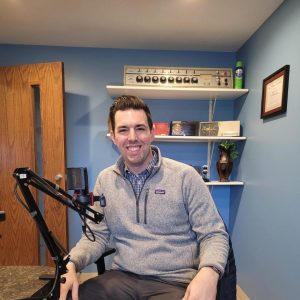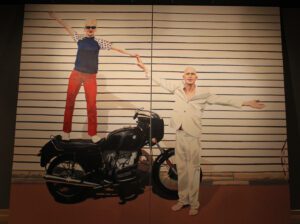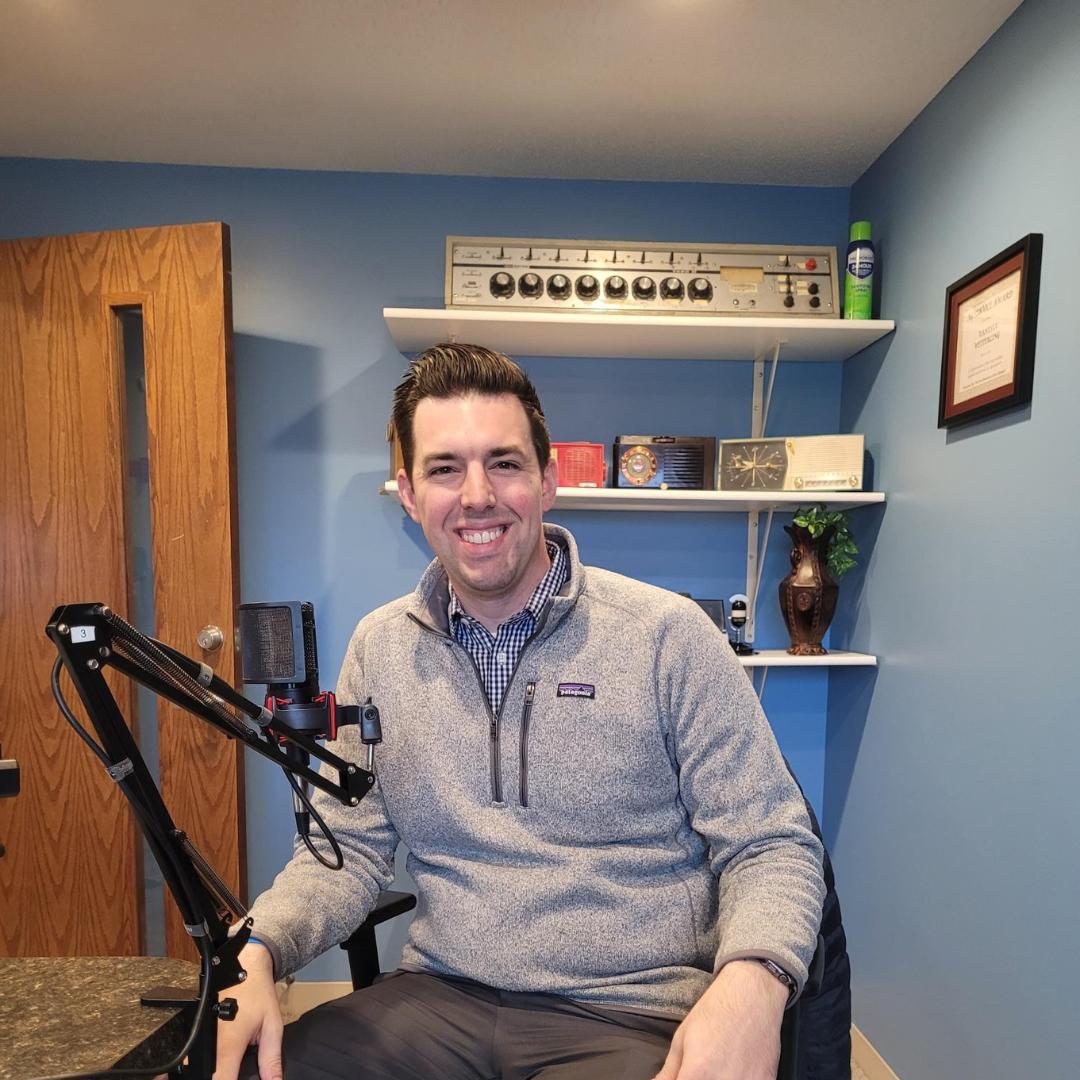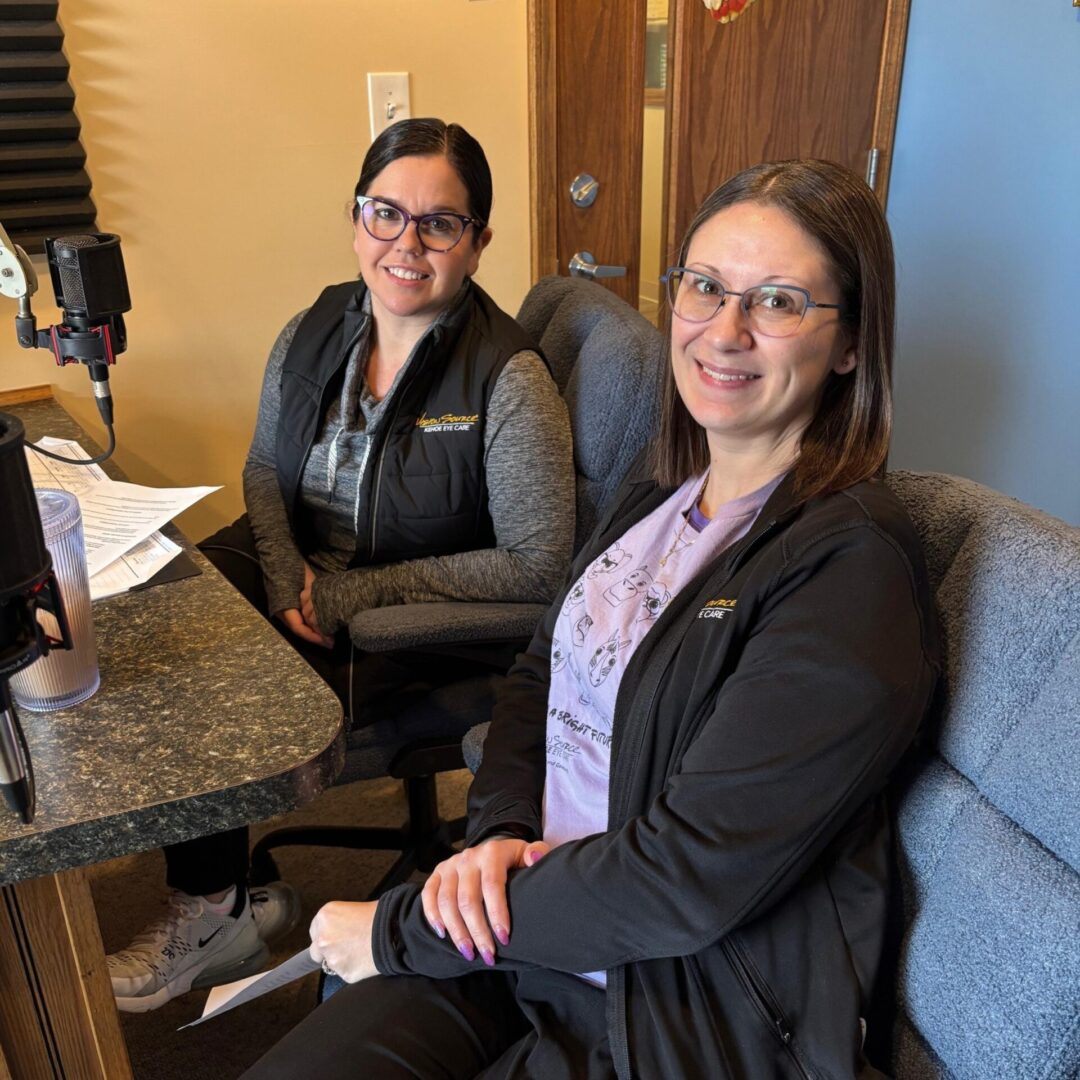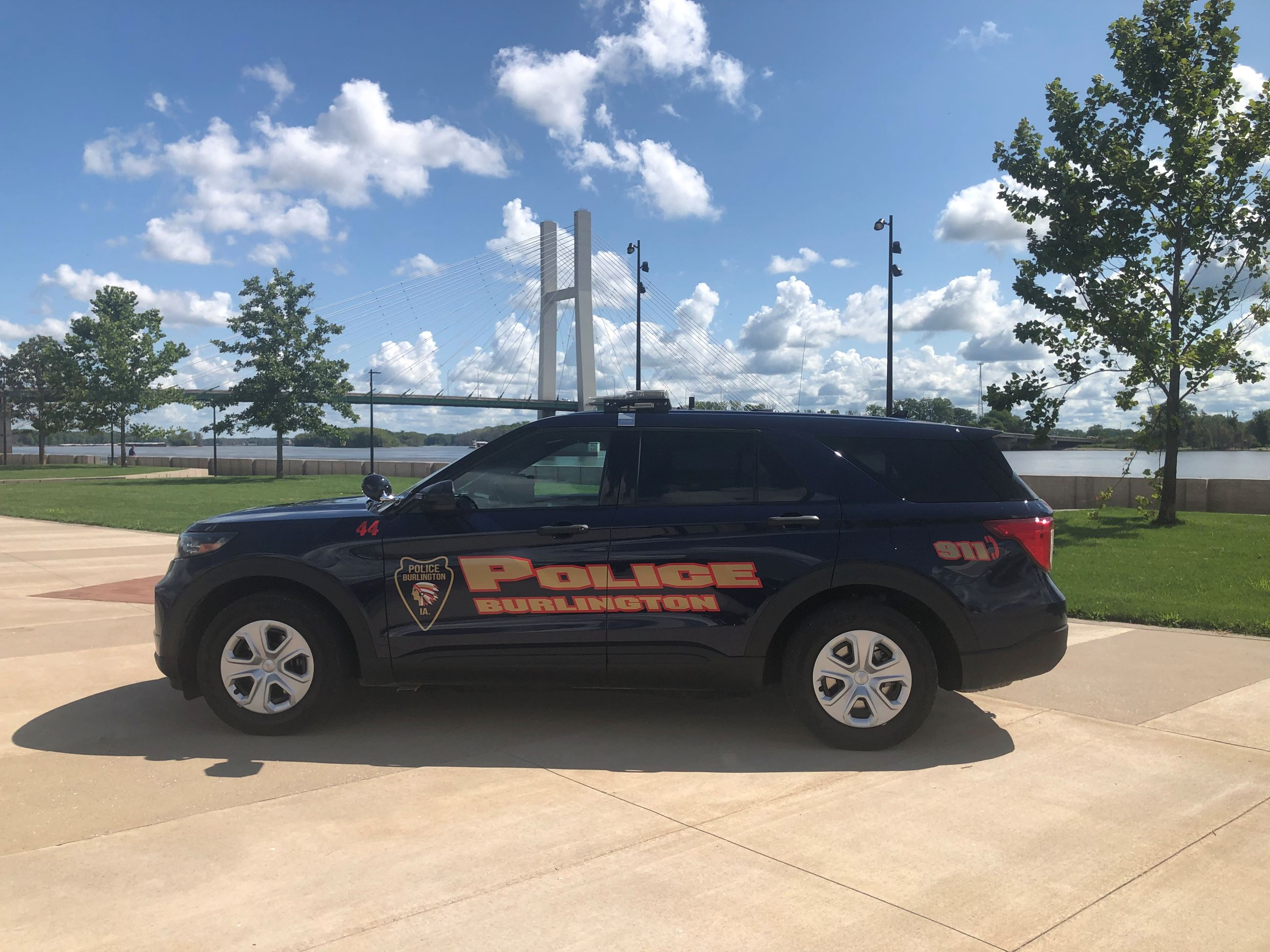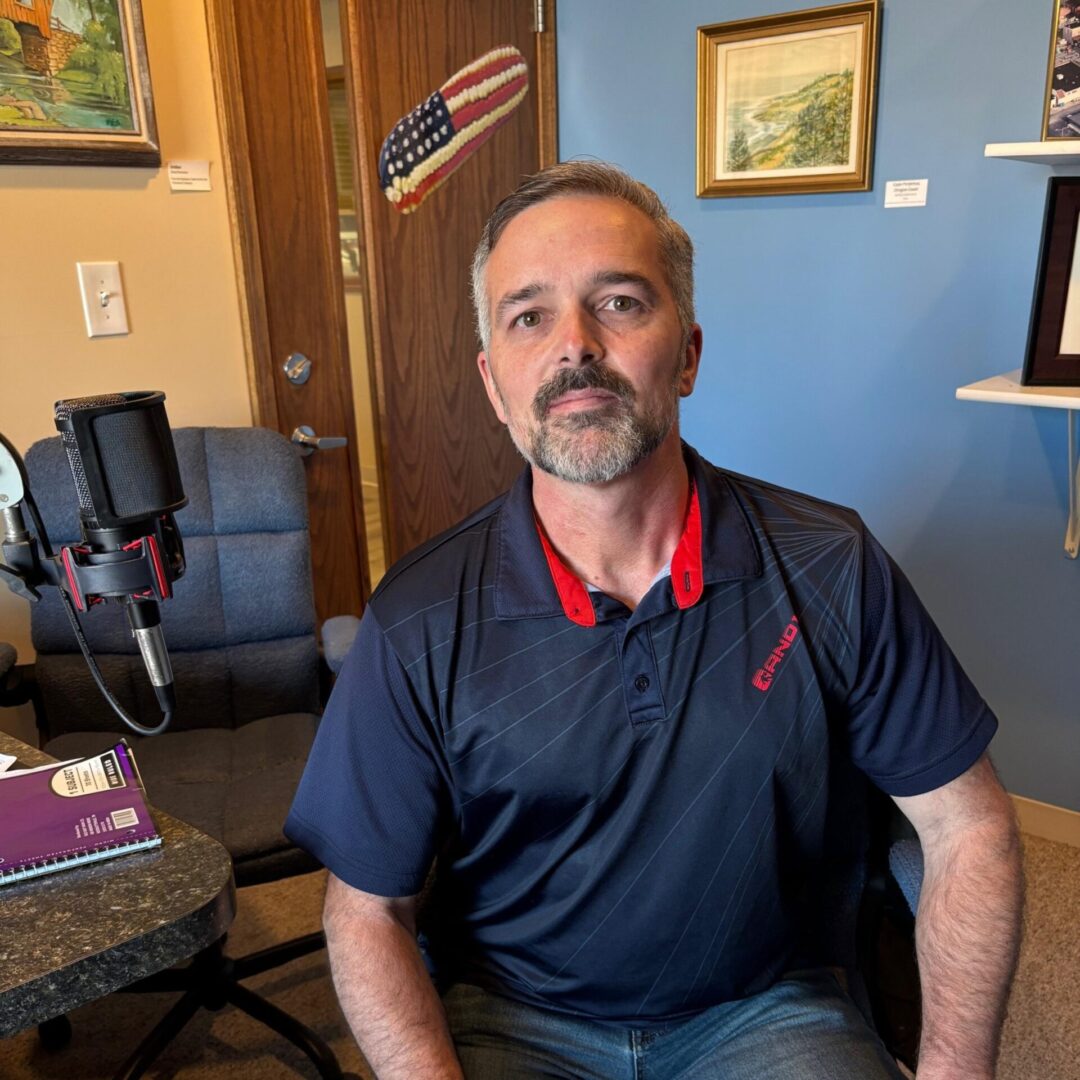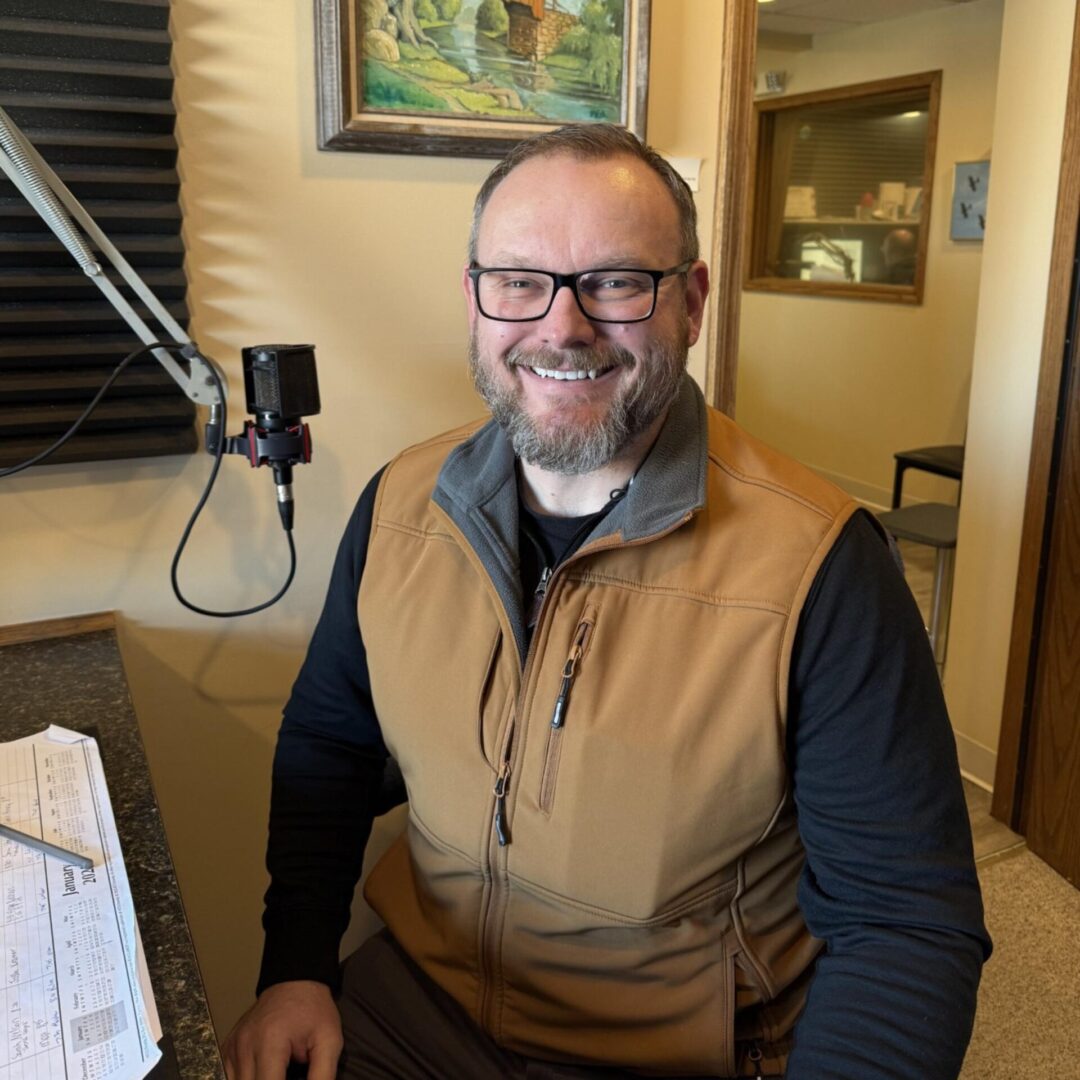There have been times in the last few months when Cassandra Ellison left work for the night, got into her car and was ready to break down in tears.
For Ellison, a 2016 Carl Sandburg College graduate, seeing the effects of COVID-19 up close and personal as a nurse in COVID intensive care units has taken a toll on her physically and mentally.
“Any ICU nurse will tell you it’s stressful, but COVID has put a different perspective on everybody,” Ellison said. “For me, it’s been way more bad days than good days. The hardest thing with COVID, especially when they get in the ICU setting, is we’re not seeing a lot of people getting better. It’s a lot of defeat. I feel defeated.”
That’s been especially painful to process for Ellison, who got into nursing because she wanted to help sick and injured people recover. It was a life-saving moment while she was a student at Sandburg that led her to that discovery. Ellison was attending an open gym for the Chargers men’s basketball team in 2015 when one of the players, Jordan Tribbet, went into sudden cardiac arrest. Ellison jumped into action right away and performed CPR until first responders arrived on the scene. Her quick thinking helped Tribbet make a complete recovery.
“That was like my yep-that’s-what-you’re-supposed-to-do kind of moment,” said Ellison, who attended United High School. “After that, there was no turning back, no second-guessing. ICU was like my direct calling. I really want the sick ones, I want to see them get better, I want to help them get better.”
After graduating from Sandburg with her Associate in Science in 2016, Ellison went on to Quincy University, where she earned her bachelor’s in nursing in 2019. She worked for a year and a half in the intensive care unit at Mercy Hospital in Springfield, Mo., which transitioned into a COVID unit after the pandemic started. In October, she and her boyfriend, De’Andre Alexander — also a Sandburg alumnus — moved to Gainesville, Fla., where Ellison works in the COVID ICU at UF Health Shands Hospital.
Too many times over the course of the pandemic, Ellison has seen patients fail to improve like she had dreamed of when she decided to become a nurse. Instead, she’s had to ask if there’s anyone they want to call before being intubated, knowing it may be their last chance to speak with them. Moments like that, she said, are the most demoralizing.
“Come sit in my shoes for a day and witness what I witness,” Ellison said. “I’ve never experienced something more devastating to a person or my heart than watching family members say goodbye to their loved ones before we intubate them. It’s so sad. It just makes it so real.”
Ellison tried to stay positive in the early stages of the pandemic, but her patience grew thin as the virus spread and she continued to see people in public places ignore steps that can minimize spread of the virus, like social distancing and wearing masks. She recalled one occasion at a restaurant where she saw the bartender not wearing a mask and touching their face.
“I was very, I don’t want to say rude, but I was very realistic,” Ellison said. “It’s just something so simple, and so when I feel like I’m giving my heart and soul 24-7, working nights, 12-hour shifts, picking up extra shifts to help care for these people in their last seconds of life, to see people walk around so lackadaisical about a disease that’s killing that many people a day, it’s just very hard.”
With vaccines having been approved and people starting to get inoculated, Ellison is thankful to finally see a light at the end of the COVID-19 tunnel. More promising days, she said, can’t come soon enough.
“Positivity is going to be so nice to have around again. You try to carry it even through this disease, but seeing people actually get better instead of continuously getting worse is going to be beyond amazing,” Ellison said. “I know that there are a lot of misconceptions (about COVID-19 vaccines) and a lot of people are like, ‘Oh, what if it’s not good?’ and ‘I don’t want it.’ … The bottom line is, it’s proving to be beneficial, it’s proving to help save lives. You have to be willing to give something a shot, or we’re going to be in this a lot longer than we want it to be.”
***Report Courtesy of Carl Sandburg College***




